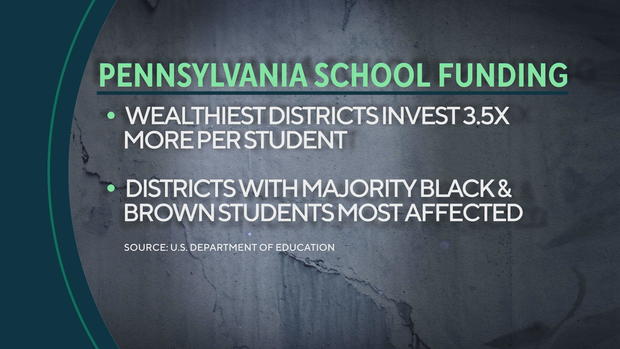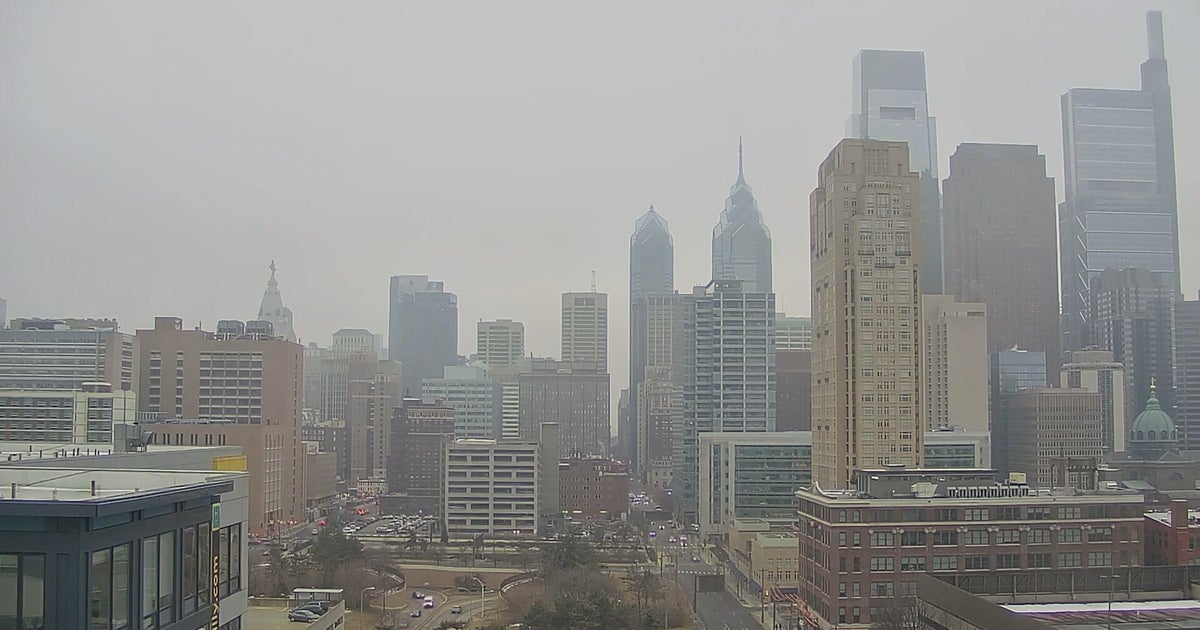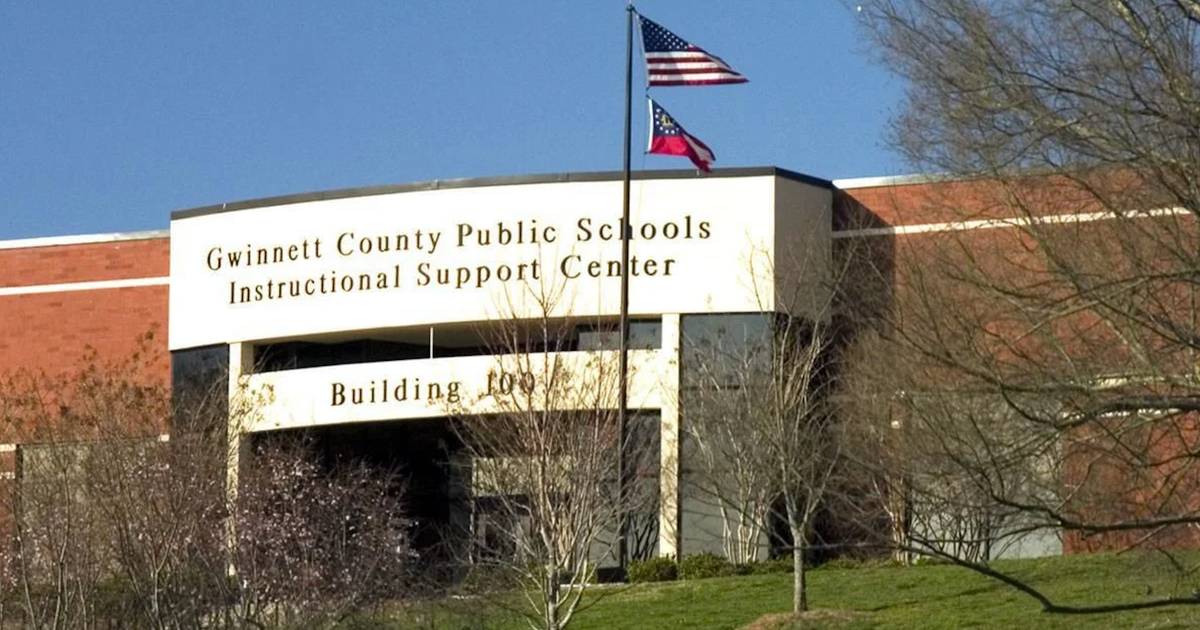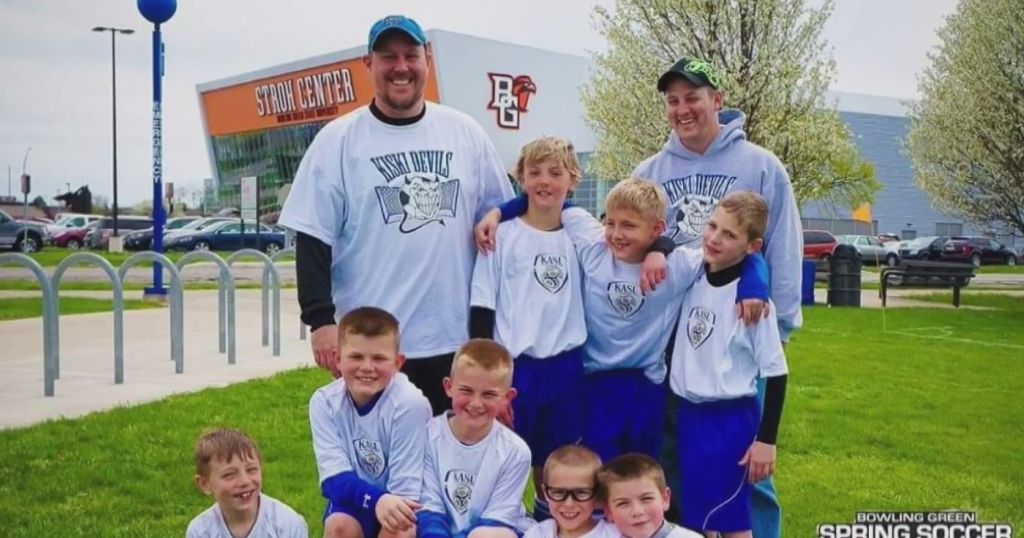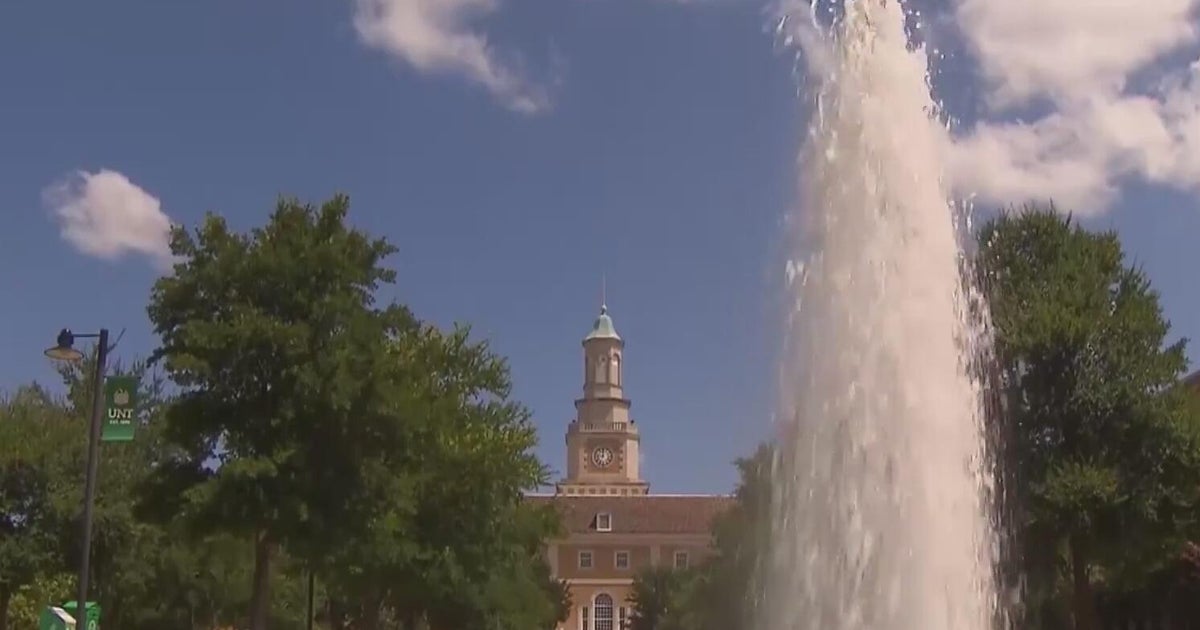"Do more with less": Why PA school districts continue to struggle with funding despite unfair ruling
YEADON, Pa. (CBS) -- For generations, funding for public schools in Pennsylvania hasn't been fair, according to a major court decision and data from the Department of Education. It's a case of the haves and the have-nots.
School is back at Evans Elementary School in Yeadon, and it's another year where the district will struggle to make ends meet.
"We need all the things," Nicole Miller said.
Miller has taught kindergarten for 20 years. She also graduated from the William Penn School District.
It's no secret that money is tight and teaching essentials are scarce, leaving Miller to compensate.
"You don't want them to come in feeling less than or that they lack anything. So you make it work -- make due," Miller said. "I love what I do, so we make it work."
The William Penn School District is "ground zero" in a financial fight with the Commonwealth of Pennsylvania. After a decade, the district successfully challenged how the state funds its schools.
In Pennsylvania, property taxes fund most school budgets, meaning simply, more affluent areas have access to more cash than poorer school districts.
Philadelphia attorney Dan Urevick-Ackelsberg argued the landmark case.
"We have some very well-functioning suburban school districts and then we have lots of districts -- rural, urban and suburban -- that are really underfunded," Urevick-Ackelsberg said, "and we have situations of the haves and have-nots where a child's future can be determined on what side of the street they're on."
After a four-month trial, the Commonwealth Court in February found the system for school funding from district to district was so unfair that it was a violation of the Pennsylvania Constitution.
"When you're talking about children and the futures of children, it's hard not to get emotional and it was an emotional trial," Urevick-Ackelsberg said.
Seven months after the court decision, Pennsylvania hasn't settled the question of how schools will be funded despite the lawsuit shining a bright light on inequity from district to district.
CBS News Philadelphia spent weeks reviewing funding levels for schools across the Delaware Valley and looked at capital investments, which is money set aside for building construction, repair and maintenance. Our investigation concluded the wealthiest districts invest three-and-a-half times more per student when compared to the poorest districts. Data showed that districts with a majority of Black and Brown students are affected the most.
"I think it's very dire," William Penn School Superintendent Dr. Eric Beacoats said.
Beacoats admitted there's rarely ever any money set aside for capital improvements. It's partly why they sued.
"The school buildings are typically the greatest challenge," Beacoats said. "We were not able to have a preventative maintenance plan in place and what happens over time is the building crumbles and there weren't certain things we were able to do."
Beacoats' tour of Penn Wood High School showed floors shiny from a fresh coat of wax. However, at nearly 100 years old, the building lacks air conditioning -- which forced school to let out early during last week's heat wave.
The facility is a major drain on finances.
A spirit of "do more with less" is not only in the air but it's the motto.
"Unfortunately, it is. Do more with less. This is what our students are told," Beacoats said.
"Do more with less" is even painted on the gym floor.
"People have told me stories about how they were told we do more with less," Beacoats said. "I don't agree with it. I think we have to provide appropriate resources for students and staff to have what they need. Who wants to do more with less?"
"William Penn has always been a little scrappy," said Jennifer Hoff, who has been on the William Penn School Board for a long time. "We knew that if we didn't fight for ourselves, no one would."
Hoff said this scrappiness keeps them going, surviving in what the courts have ruled is an unfair system, and she said it's unfair to continue taxing property owners since that school funding formula remains out of whack.
How do they make it work?
"So, we over-tax our citizens, unfortunately. They should not have to pay that much effort," Hoff said. "I'm not going to lie about it, and I don't know another way. We are forced to make choices here that no one else makes."
Attorneys for William Penn argued before the Supreme Court that crumbling schools have a direct impact on students' success.
"It's a pretty natural thing to try to skimp on the roof, or the building that needs to be fixed or on the paint that needs to be put on the walls," Urevick-Ackelsberg said. "That is how it's had to be treated for low-wealth districts."
ALSO SEE: Philadelphia school's charter revoked after admissions lottery allegations
Earlier this week, Democratic leaders from the House Education Committee met at Penn Wood High School, unveiling plans to start addressing a new funding formula.
"What we've done over the years is immoral, ineffective and unconstitutional," Rep. Peter Schweyer, chair of the Pennsylvania House Education Committee, said. "We have the chance to start turning that ship around."
Back at Evans Elementary School, Miller is optimistic that someday her students will have access to everything they need.
